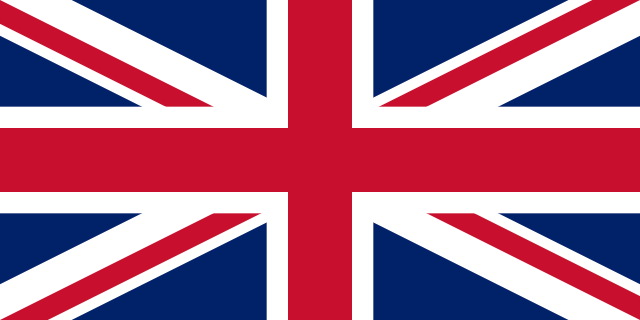In his childhood, Dudu was very interested in sports. He dabbled in fencing and soccer, and began hunting at an early age—a pursuit that he enjoyed throughout his whole life. (On one hunting trip, Dudu’s party inadvertently crossed the border into Azerbaijan, where they were apprehended by border guards and held for several days in one of Imam Shamil’s old castles before relatives managed to explain the situation to the Azerbaijani authorities.) However, his greatest love was basketball. His brother took him to his first basketball game at the age of nine, and Dudu was immediately hooked.
His first basketball trainer, a well-known player by the name of Michael Zakhalin, recognized Dudu’s talent, and advised him to transfer to a specialized school where he could develop his basketball skills. Dudu’s trainer at this school, Shota Iankoshvili, also appreciated the young boy’s skills and gave him a lot of personal attention, resulting in the opportunity for Dudu to play on the youth team Martve, which was considered the best place for young players to hone their skills.
In 1984, when Dudu was 15, he transferred to Sport School 58 in Tbilisi, where he could take special basketball courses as part of the curriculum. Three years later, while still a student at the school, Dudu was playing with Dinamo, the best club team in Georgia. Upon graduation, he enrolled in the Institute of Physical Studies. During his time at the Institute, he became a professional basketball player.
In 1992, Dudu Dadiani joined the team Vita, which won the Georgian national championship in that year and the following seven years. Vita’s preeminence within Georgia resulted in many opportunities to play against teams from other nations, including Greece, Italy, Britain, and Turkey. In 1995, Dudu was named to the Georgian national team, and became the captain of Vita.
Throughout his career, Dudu was known for an aggressive, even rough style of play. But at the same time, he was a good sportsman at heart. For example, in a 1996 game against a team from Greece, Dudu’s physical style led to a fight with an opposing player. After the game, however, Dudu bought an exquisite Georgian tapestry and presented it to the Greek player at the Tbilisi airport prior to his flight back to Greece.
Dudu’s professional basketball career was at its height when the collapse of the Soviet Union in the early 1990s ushered in several years of acute political and economic crisis in Georgia. Dudu spent several months in the United States, hoping to build his career away from these upheavals. But he soon returned to Georgia, not wanting to walk out on friends and fans in a time when they looked to him for inspiration.
In 1999, at the age of 30, Dudu retired from basketball and became Vice President of International Federation of Basketball, a position in which he served until his death in 2002. Physically, he was still capable of playing the game at a high level; but he decided he could do more to help Georgian sports in a different role. He pursued a number of projects in this capacity, the most important of which he considered to be his efforts to support youth basketball programs. After retiring from play, he also began to study the techniques and foundations of basketball from a more scholarly perspective, as well as delving into works of philosophy and religion; he was particularly fond of books on Buddhism. Literate and cosmopolitan, Dudu spoke English, Spanish, and Russian.
Dudu Dadiani was murdered in January, 2002 at the Sports Department Building in Tbilisi, in broad daylight. There were a number of eyewitnesses to the crime, but the killer escaped and was never apprehended. The official investigation concluded that the murder appeared to be the result of a personal dispute between Dudu and the unknown killer. However, questions have always hung over the incident, and there have been persistent rumors that the murder was a contract killing, motivated by an affair between Dudu and a married woman.
To honor Dudu’s memory, the Sport Society of Georgia established a Dudu Dadiani Cup, and the Georgian artist Levan Vardosanidze created a sculpture of Dudu in his basketball uniform, with the number 13—Dudu’s number on every team with which he played—emblazoned across it. Dudu’s sports memorabilia were given to the Dadiani Palace Museum, and the Fund for Saving Dadiani Palaces assembled a memorial exhibition featuring medals, photos, personal items, and paintings from Dudu’s collection. After renovation of the Palace Museum, this exhibition will be on display for the public.





